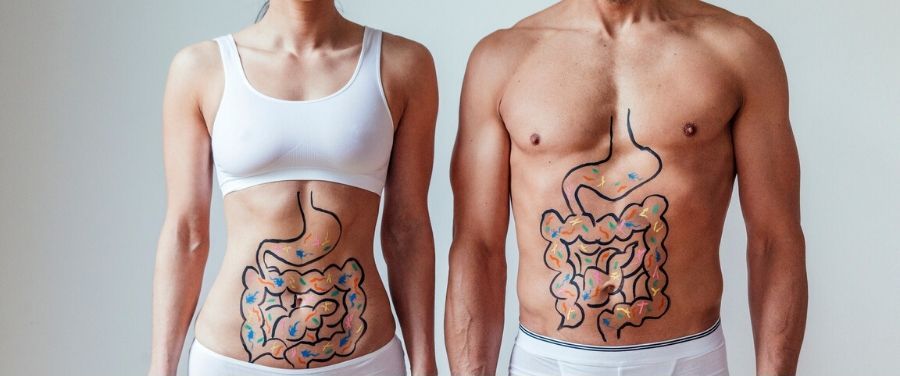WHAT IS FECAL TRANSPLANTATION?
Fecal microbiota transplant, also known as bacteriotherapy or fecal transplantation, is the transfer of stool from a healthy donor into the gastrointestinal tract to treat recurrent C. difficile colitis. The primary aim of fecal transplant or bacteriotherapy is to replace good germs that has been killed or suppressed, normally by using antibiotics, causing bad bacteria, especially Clostridium difficile, or C. Diff., to over populate the colon.
When antibiotics kill off too many good bacteria in digestive tract, fecal transplants or bacteriotherapy will help to replenish bacterial balance.
DIAGNOSIS AND TREATMENTS:
Fecal microbiota transplantation is performed as a treatment for recurrent C. difficile colitis. C. difficile colitis, a complication of antibiotic therapy, may be associated with abdominal cramping diarrhea and sometimes fever. If you are over the age of 65 and have chronic illnesses, you are at a higher risk for having more severe infection. Diagnosis is based on a stool DNA test that detects the organism.
The initial infection can be treated with an antibiotic that specifically targets the C. difficile organism. Antibiotics used for the treatment of this infection may include vancomycin, metronidazole and fidaxomycin. It’s estimated that about 30% of treated individuals can get the infection again within a few days or weeks after finishing the antibiotic course.
Doctor may choose to cure first recurrence with another round of antibiotic therapy. However, in those people who continue to have recurrent C. difficile colitis, bacteriotherapy or fecal transplantation is an option.
FECAL TRANSPLANTATION: WHAT TO EXPECT
Donor should not:
- Be immunocompromised
- Have any history of drug use
- Have any history of high-risk sexual behavior
- Have any history of incarceration
- Have had any antibiotic exposure in the past 6 months
- Have had any tattooing or body piercing in past 6 months
- Have recently traveled to endemic areas
- Have any chronic GI disorders, such as inflammatory bowel disease
A potential donor may have the following tests:
- Blood tests: HIV, Hepatitis A, B, and C serologies
- Stool tests: Ova and parasites; C. difficile PCR; culture and sensitivity; giardia antigen
FECAL TRANSPLANTATION PROCEDURE:

Fecal microbiota transplant or bacteriotherapy is usually performed by colonoscopy and less commonly by nasoduodenal tube. During colonoscopy examination, the colonoscope is advanced through the entire colon.
As colonoscope is withdrawn, donor stool is delivered through the colonoscopy into your colon. Before procedure, you’ll need to follow the instructions as:
- Stop any antibiotic therapy before 2 days.
- Follow a liquid diet followed by an enema or laxative preparation the night before scheduled procedure.
- Inform the doctors, in case if you’ve any allergy.
- Doctor will instruct you regarding any prescription medication you take.
Once the procedure is finished, individual will need to recover from the sedatives. Your doctor will discuss the findings with you. Then you may go home, where you should rest for the remainder of the day.
